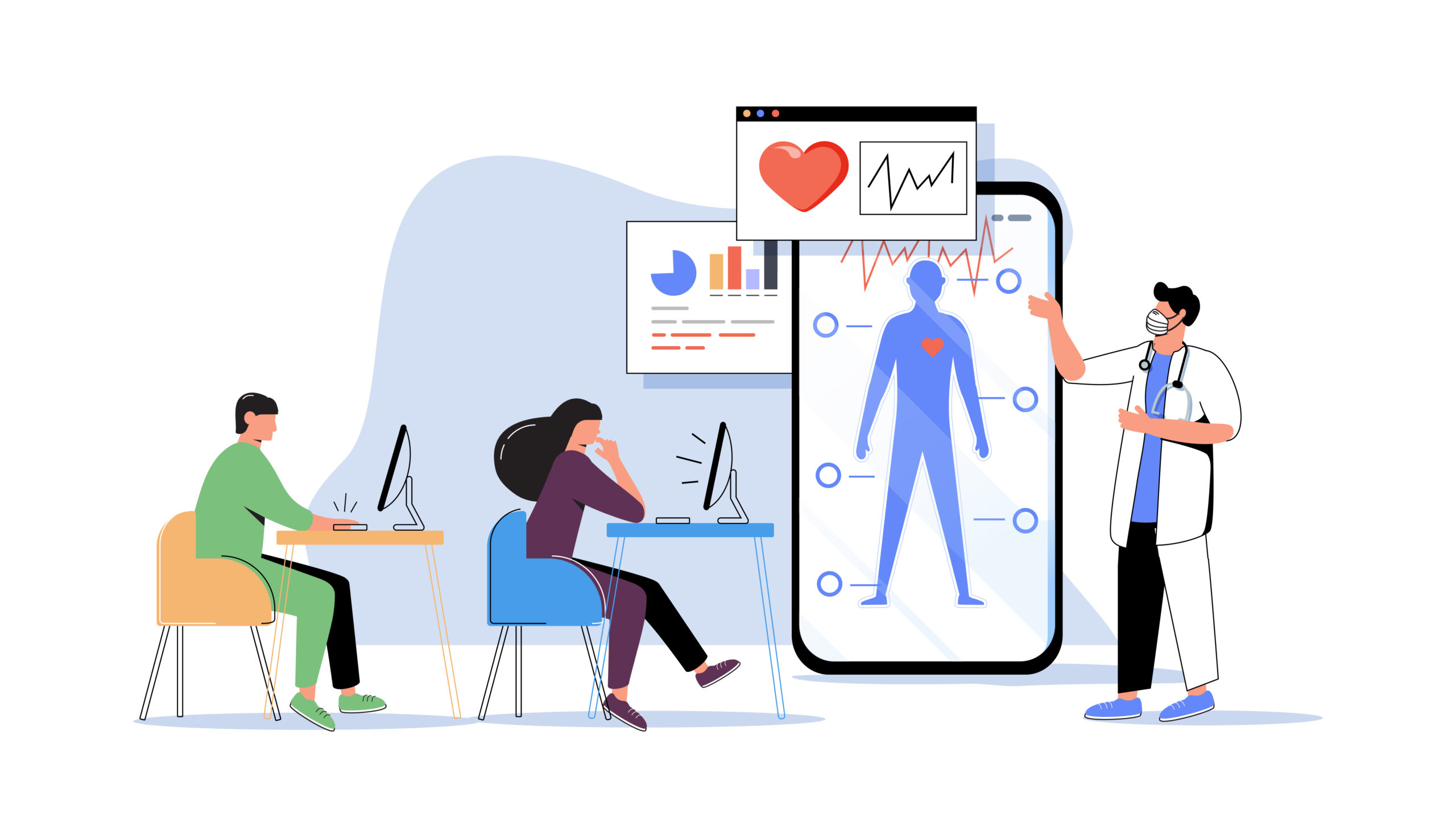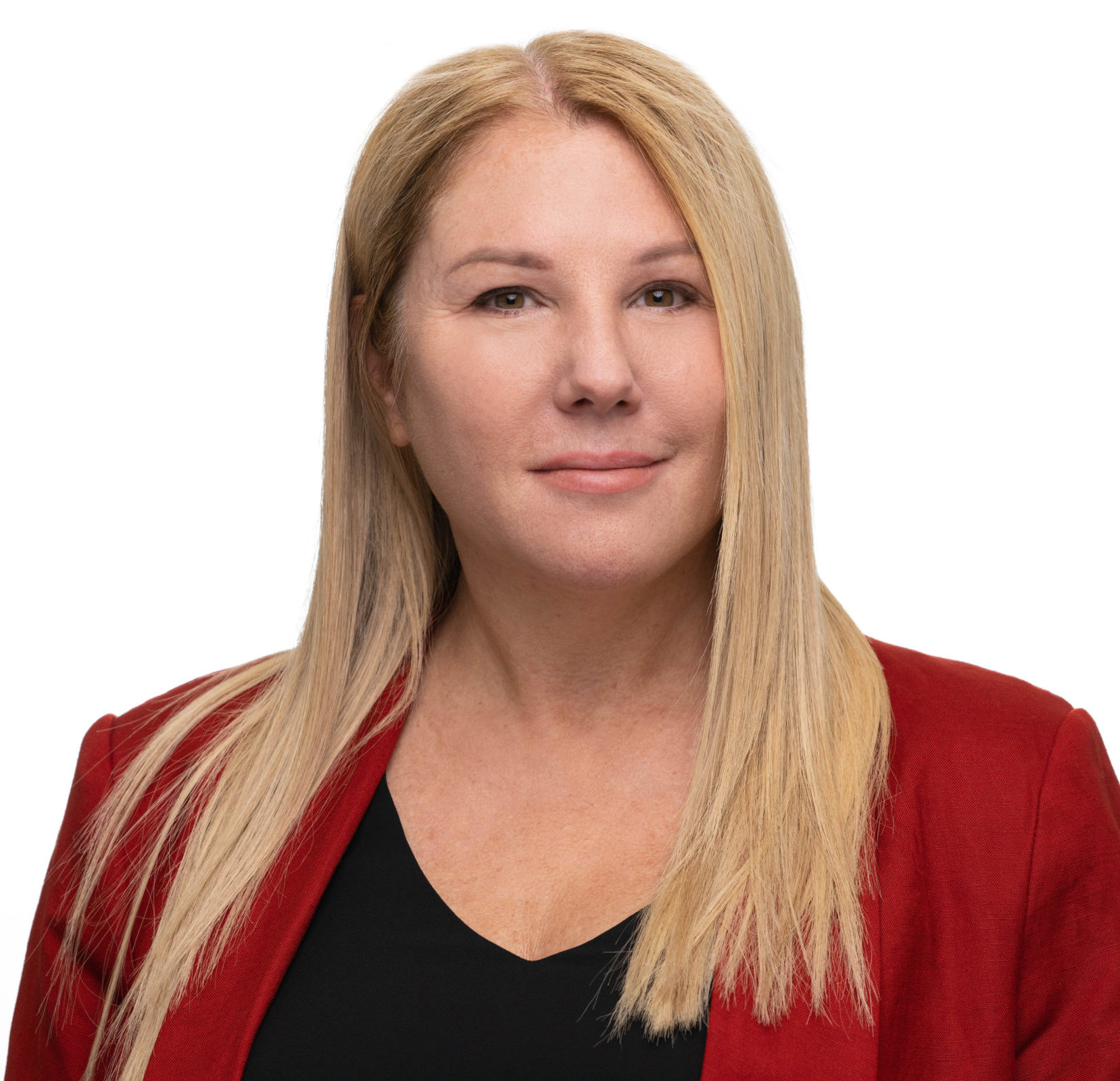Providing learners with the practical experience and skills to excel in their industry is a key strength of Canada’s polytechnics. In the healthcare field, this applied approach prepares graduates to interact with patients. While restrictions on in-person training have eased over the past few months, safety is still top of mind in Seneca’s labs and classrooms. The challenge now is finding the right balance between hands-on opportunities and using technology to deliver substantive clinical training remotely.
Polytechnics Canada chatted with Sharon Cassar, the Academic Chair for Seneca’s School of Nursing, to find out what this looks like in practice.
Polytechnics Canada: Training learners for careers in healthcare has become more important than ever over the past two years. However, with pandemic restrictions, the applied, hands-on portion of programs in the healthcare field became challenging to deliver. How did Seneca pivot to accommodate remote program delivery?
Sharon Cassar: COVID-19 meant many nursing students were not able to complete in-person clinical placements. Now, as we emerge from the pandemic, there are still restrictions to offering those opportunities due to healthcare sector fatigue and staffing challenges. We use Oxford Medical Simulation to give students practice with realistic patient scenarios. It allows them to assess patients – avatars that simulate the human body – and receive personalized feedback. These scenarios are fully immersive and interactive. Students have unlimited opportunities to repeat a scenario and improve. Ninety per cent of nursing is about using clinical judgment and this platform promotes those reasoning skills. Since January 2021, we have been permitted back on campus for in-person labs. We have tailored the in-person simulation experience to layer on psychomotor skills and environmental stimuli to deepen the experience and prepare students to enter clinical practice.
This winter, we will deliver programs in four formats: online, in person, hybrid (a mix of online and in-person) and what we’re calling flexible (where professors teach in a classroom and broadcast to online at the same time). This gives students the choice of coming to campus or learning remotely.
PC: Beginning a career in the health sciences can be daunting, especially in today’s climate. How does your Pre-Health Science Pathway help bridge the gap for learners?
SC: This pathway provides a strong base for students as they enter into the nursing program, preparing students for success as they take on more complex subjects and apply the knowledge to clinical practice. Over the course of two semesters, with part-time options available for working students, learners develop communication, mathematics, human anatomy, biology and organic/inorganic chemistry skills. Although completion guarantees eligibility for Seneca’s Bachelor of Science in Nursing (Honours) degree or Practical Nursing Diploma, it also provides an opportunity to learn about potential careers in the health sciences and identify whether other programs focusing on the biological or chemical sciences are a better fit. For the Winter 2022 semester, the pathway will be offered online and in a flexible format.
PC: The demand for personal support workers has increased significantly over the past year. Can you walk us through how Seneca approached PSW training during the pandemic?
SC: Seneca responded to the Ontario Ministry’s call to educate 360 PSW in an accelerated program over a 6-month period. The coordination team condensed the curriculum and launched this initiative in April 2021 with the first cohort. Offered free of charge, the program followed a hybrid model, with the majority of learning online. Learners were provided with volunteer opportunities early in the program and participated in a paid work placement.
Two additional cohorts were offered in May and July. With skills such as personal care and hygiene assistance, household and family management, meal preparation, medical assistance and palliative and restorative activities, graduates are ready for roles in hospitals, retirement homes, long-term care facilities and in-home care.
PC: How do you anticipate applied learning in the health sciences in 2022? Is there a push to return to in-person learning? Are there aspects of program delivery you’ve found work better remotely?
SC: Our in-person nursing labs have been up and running since the Winter 2020 term. We have some sections of our anatomy and physiology courses being offered in the “flex” format. So far, the feedback from students is that they appreciate having choice. Programs in nursing, personal support work, respiratory technologies and veterinary assistance have hybrid deliveries, while other theory courses remain online.
There is a push to return to in-person learning though some courses lend themselves to online delivery. Courses in the behavioral sciences, for example, are being offered fully online, as are those in therapeutic recreation. We continue to consult with faculty to identify courses or sections that lend themselves better to online learning, which may continue even after a full return to in-person.
PC: Post-pandemic, are there further changes you anticipate to healthcare training?
SC: The pandemic has given us time to reflect on the best modalities for nursing education. Simulation and virtual reality will continue, for example, as we have seen a number of positive outcomes in critical thinking, clinical judgement and decision-making. We also hope to continue to offer most courses in a flexible format. This ensures we don’t leave out adult learners looking to upskill or retrain, but who require balance with other responsibilities. As an institution, we are not looking to revert back to pre-pandemic models so much as advance to education delivery that encompasses all we have learned over the past 20 months.
Learn more about pursuing a polytechnic education at Seneca’s School of Health Sciences.


